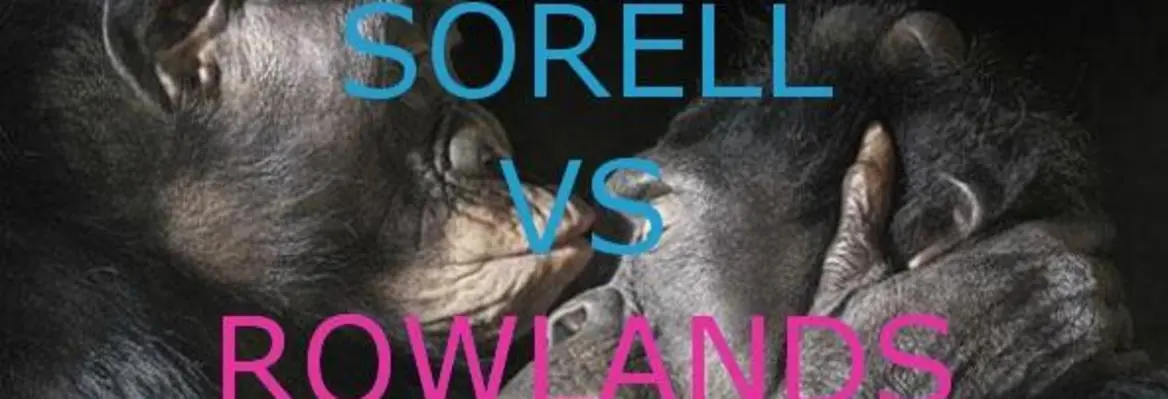A dog has been hit by a car, and lies unconscious on a busy highway in Chile. The dog’s canine companion, at enormous risk to its own life, weaves in and out of traffic, and eventually manages to drag the unconscious dog to the side of the road. A female elephant, Grace, tries to help the dying matriarch of another family of elephants, and appears distressed when she is unable to do so effectively. A gorilla lifts the unconscious body of a small boy, who has fallen into her enclosure, and carries him to the gate where she hands him over to a keeper. A Rhesus monkey refuses to take food, when doing so will subject another monkey to an electric shock. The monkey persists in this refusal for twelve days, nearly starving himself to death. What should we make of cases such as these? Here is one possibility: these cases form parts of a large and growing body of evidence for the claim that some non-human animals (henceforth “animals”) can exhibit moral behavior. Most philosophers and scientists reject this possibility. I have defended it.
In philosophy in general, and in this issue in particular, so much depends on the assumptions one brings to the debate. Tom Sorrell’s argument in Morality Beyond Humanity is based on what we might call an intellectualist conception of moral action. On an intellectualist conception, for your action to be a moral one you must be able to think about what you are doing in moral terms. In the Kantian tradition, for example, you must be able to critically scrutinize your motivations by assessing them in the light of moral principles that you hold. Aristotle – in most respects as far from a Kantian as one can get – holds a similarly intellectualist position: in order to act virtuously, you need to know that what you are doing is virtuous and do it precisely because you want to be virtuous. Tom Sorrell’s argument lies squarely in this tradition: only if we can describe ourselves in moral terms can we really be counted as acting for moral reasons.
As far as I can see, however, describing ourselves in moral terms is neither necessary nor sufficient for acting morally. It is not sufficient because there is nothing incoherent in the idea that a person might act on the basis of what seems to them to be moral reasons – and so they describe themselves in moral terms – but their actions are always really guided or driven by unconscious motives of an entirely non-moral character (indeed, I suspect I have known at least some humans like this). More important for the question of animals, however, is that thinking of yourself in moral terms is not necessary for your actions to qualify as moral. If we reject the intellectualist conception of moral action, for example, there is no reason to think of moral action as requiring the ability to describe oneself in moral terms.















Join the conversation